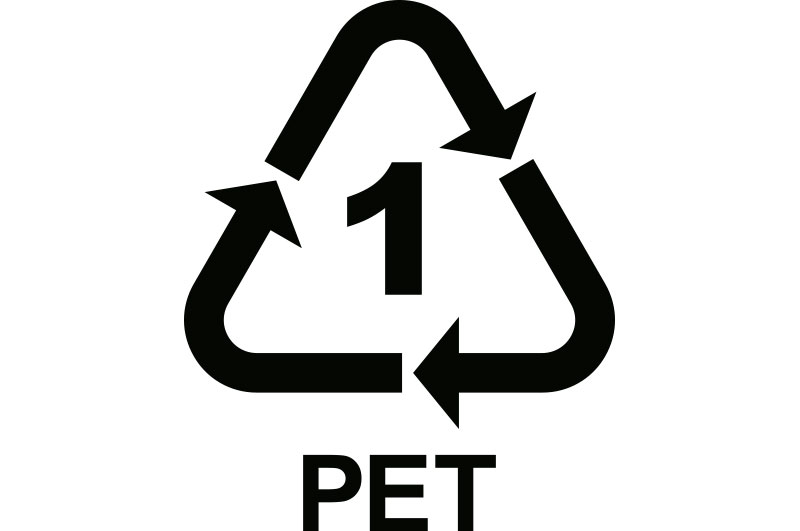Our Principles
Plastics, so reviled in our days due to the deficient global policy of waste management, have contributed, for more than 100 years, progress to humanity. That is indisputable. Its use is widespread in almost all consumer goods: computers, telephones, vehicles, pharmaceuticals, health, food… But only validating the premise that since plastic has brought progress and growth, we must continue using it without restrictions would be a mistake if we do not have into account the disastrous consequences that poor waste management has had for humanity as a whole. And that too is indisputable.
Therefore, our greatest challenge at a global level is to solve the progress-environment binomial. This challenge does not only include plastics. CO² emissions, uncontrolled chemical discharges, nuclear waste, etc. They are also part of the equation.
Those of us who in one way or another are part of the plastics industry are obliged to look for alternatives that, without giving up progress, are innocuous in order to reverse the ecological disaster that has occurred and accumulated over years of lack of control.
Unfortunately, as of today (2023), the technical alternatives available to us are not a realistic solution. In most consumer goods applications the concept of ‘biogradability’ is not an option. Can we have a mobile that biodegrades after three months or manufacture an airplane whose parts degrade over time? In the case of single-use packaging, (misnamed) biodegradable plastics are still not a realistic option. PLA polylactic acids are actually very difficult to biodegrade, they need composting conditions, which, if they are not available, maintain their characteristics of permanence over time. The family of PHBs, which do degrade, have unaffordable production costs for the industry. Not to mention OXO, which reduce plastics into micro plastics that contaminate our soils and food chains.
So what is the solution? In our opinion, the solution only involves the correct treatment of plastic waste and its subsequent recycling and reuse. The vast majority of plastics have the virtue of being able to be recomposed and reused without losing their properties. Governments must take serious measures on this issue, promote its use and work to strengthen the instruments that allow zero waste and full reuse to be achieved.
When the sensitivity of the agents in charge of promoting this paradigm shift were not yet under pressure from public opinion, something we are glad about, at Uniplastic we were already working on 100% sustainable and environmentally friendly solutions. In 2012 we were the first distributors to offer 100% recycled polypropylene in sheets, to later offer it in its 100% post-consumer version. We offer 100% post-consumer recycled PET, and PVC with 80% recycled material. Our goal is by 2025 to only market 100% recycled products.
We are all the solution: The industry must understand the need to work on 100% recycled solutions, the recycling chain must adapt to optimize its results. Citizens must recycle more and better and governments must promote policies that help companies, recyclers and consumers continue to make progress, knowing that this progress does not contaminate our seas with its waste.

R-PVC
Various % recycled post industrial

R-PET
Various % recycled Post Industrial
(Smart-Cycle) 100% Recycled Post Consumer

PP-R100
100% Recycled Post Industrial
